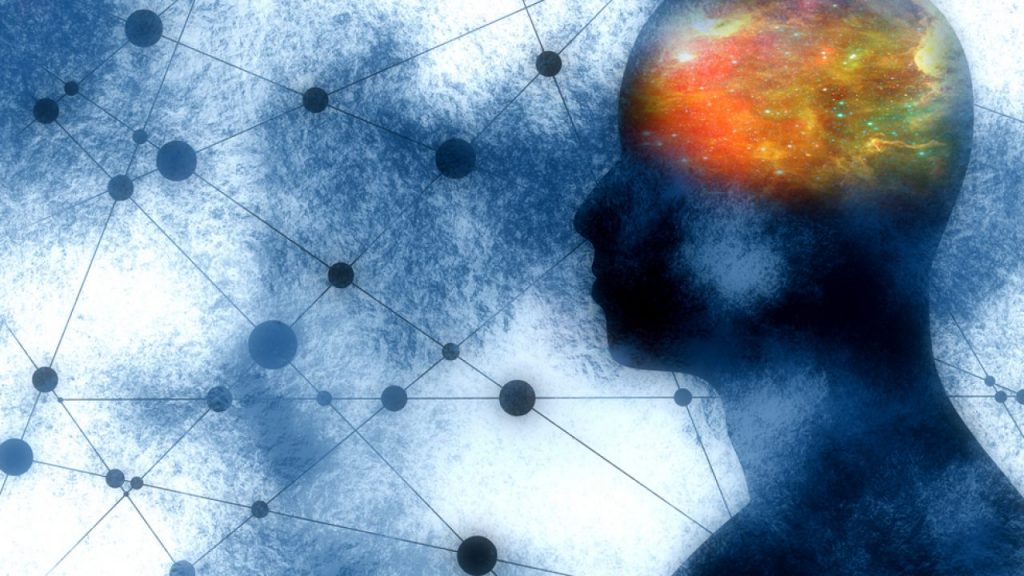As of 2021, Mental Health America (MHA) reports that 19 percent of adult Americans or more than 47 million people in the United States have a mental illness and 4.55 percent have a severe mental illness. This covers any mental, emotional, or behavioral disorder that can be diagnosed but excludes developmental issues and substance abuse.
Human Rights Violations
According to an October 2021 article in the Health and Human Rights Journal, these people are at risk from their illness due to the lack of community-based mental health services. They are also at risk from violent encounters with the police.
These are interrelated issues because the lack of access to mental health services leads to psychiatric episodes, which, in turn, frequently lead to a confrontation with law enforcers. Data shows that 25 to 50 percent of all police shootings involving fatalities involve people who are severely distressed by their mental disorder.
This is despite the fact that most of these confrontations do not include the commission of a major crime or violent acts that require such a response. In addition to the fatalities, a high percentage of mentally ill people are jailed through the criminal justice system.
The lack of accessible mental health services violates the right to health of people with mental disorders. When they are treated as criminals, there is a violation of their right to be free from arbitrary arrest and detention, their right to be free from degrading and inhuman treatment, and their right to equality in the eyes of the law.
The tragic encounters occur when the police are the first responders to calls about people with mental illness experiencing episodes. These calls are made to 911, which directly connects to the police.

Government and Community Interventions
In response to this problem, some police departments ramped up training for police officers on understanding the various types of mental illness and how to deal with a person undergoing an episode. For instance, in Miami-Dade County, Florida, more than 7,600 police officers have taken a 40-hour program with psychiatrists, psychologists, and mental health counselors.
With the police learning to have compassion and empathy toward people with mental illness, there were fewer cases of unnecessary arrests and shootings. This is not yet a nationwide effort, though, and there is much more that must be done.
On May 19 this year, the Bureau of Justice Assistance (BJA) sought applicants who would submit a program for the behavioral health response of law enforcement. This is part of the BJA’s Justice and Mental Health Collaboration Program (JMHCP).
On May 26 this year, the Law Enforcement Training for Mental Health Crisis Response Act of 2021 or S. 1837 was introduced in the Senate, amending the Omnibus Crime Control and Safe Streets Act of 1968. The new bill proposes a grant program for the response training of police officers and jail officers for behavioral health crises.
The National Alliance of Mental Illness (NAMI) goes further by supporting the creation of community crisis intervention teams (CIT) to connect the police, professional mental health service providers, hospitals, people with mental illness, and their families. Through this approach, the mental health professionals can accompany trained police officers as first responders to a call about a mental health crisis. There are CIT programs in 2,700 communities across the country.
A Non-Police Response
In February this year, the Mental Health Justice Act of 2021 or H.R. 1368 was introduced in Congress. It proposes a grant for programs wherein mental health professionals are the first responders for mental health emergencies rather than police officers. It states that grants may be canceled for programs that result in higher institutionalization or incarceration.
Mental health experts at Crisis Intervention Team International prefer a first response that does not include the police. Effective July 22, the 988-hotline dedicated to mental health emergencies will be operational throughout the U.S. This will direct calls to the nearest mental health center. The CIT can use software to connect various mental health professionals for the quickest response and to ensure proper treatment and follow-ups for each individual.
One of the successful models for this is the Crisis Assistance Helping Out in the Streets (CAHOOTS) program serving Eugene and Springfield, Oregon. When a call to 911 indicates a mental health emergency, it is routed to them. They send a medic and a mental health crisis expert as unarmed first responders.
They de-escalate the situation using techniques that reduce harm and stabilize the individual having an episode. They then refer the individual for treatment or, if needed, transport the person directly to a treatment center. In 2019, they responded to 24,000 calls, of which fewer than one percent needed police support.
There is hope for people with mental illness and their concerned families. The efforts to reduce violence against them must be sped up, though, before more tragedies occur.

